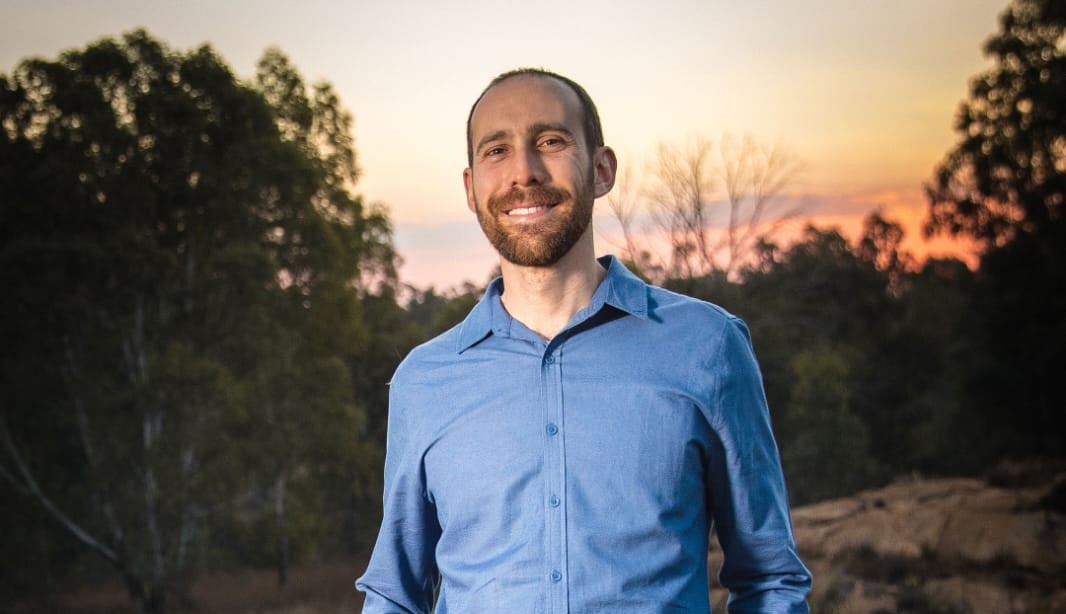OpEds
Chatting for change in 2024

As we approach 29 May, it’s hard to not feel a sense of anticipation and excitement for possible change lurking around the corner. Is 2024 our 1994?
It’s been 30 years of democracy, and for millennials like myself, South Africa in a declining state is all we’ve ever known. However, since entering the workforce and beginning to build families of our own, many of us have come to realise that we don’t want or accept the status quo. We love South Africa, and we want to see it flourish for our children in the same way that it did for us.
In conversation recently with a teacher from one of the Johannesburg day schools about the upcoming elections, I asked her, “Will you be voting?” She said no, because she’s disappointed with the ruling party, and would rather not give it her support. She’s not alone. There are millions of registered voters that choose not to vote for the same reason. This isn’t democracy, it’s engineered ignorance.
In 1994, the IEC (Electoral Commission of South Africa) ran a big voter education programme to educate the oppressed, black majority about the importance of voting. Since then, the IEC’s budget has been cut and no equivalent campaign has been run. I can hardly remember what happened to me last week, so how can we possibly expect the citizens of this country to remember what they learnt 30 years ago?
We obviously cannot force anyone to vote for a party that they don’t want to vote for. However, what we can do is have simple conversations with the people that we have daily interactions with. Domestic workers, gardeners, employees, employers, and so on. Just ask them, are you voting? And if not, why not? If they aren’t registered, tell them how important it is to register for the next election. If they are registered, engage further in a kind and respectful way. Explain that there’s no such thing as party loyalty in democracy. Whichever party resonates with you now is who you should vote for. Candidates must earn your vote, and those that have failed to represent the people or have abused their position of power must be removed from office by being replaced by the people’s new choice.
Whether you have a staff complement of 1 000 employees or you’re an employee with a single employer, you have a sphere of influence. We all have contacts on our phones and know somebody who knows somebody else that can make a difference, which means that you, too, can make a difference. Let’s talk about freedom. Let’s talk about change. Let’s talk our way confidently into the future, creating the world we want to live in using our words and emulating our creator.
For more information and resources, visit www.understandyourvote.co.za
- Benji Falkson is the founder of #UnderstandYourVote and is an owner of Glennies.